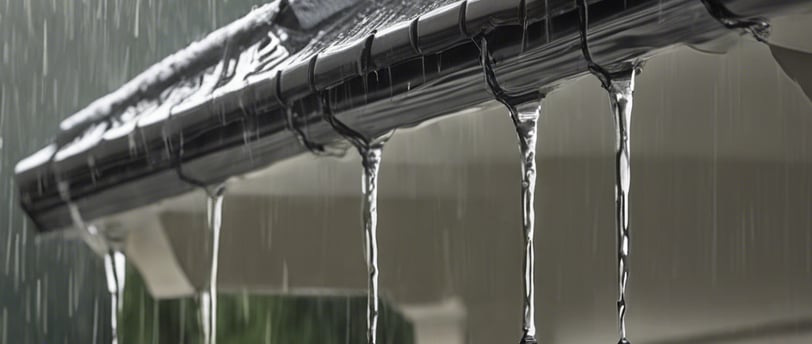The Importance of Rainwater Harvesting
Learn about the ecological and economic benefits of rainwater harvesting and how our water storage tanks can help conserve precious rainfall.
In a world grappling with water scarcity and environmental degradation, sustainable practices like rainwater harvesting has become imperative. Rainwater harvesting offers a dual solution, providing ecological benefits while also making economic sense.
At the heart of this practice lies the utilization of water storage tanks, instrumental in conserving precious rainfall.
Ecological Benefits:
Conservation of Water Resources: Rainwater harvesting reduces the strain on traditional water sources such as rivers and underground aquifers. By capturing rainwater, we minimize the need for extracting water from these vulnerable ecosystems, thus safeguarding their health and integrity.
Mitigation of Runoff and Erosion: Traditional urban landscapes are often impermeable, leading to rapid runoff during rainfall, which can exacerbate erosion and flooding. Rainwater harvesting systems, equipped with storage tanks, mitigate this issue by capturing rainfall at the source. This not only reduces erosion but also replenishes groundwater levels, benefiting local ecosystems.
Promotion of Biodiversity: Conserved rainwater can be used for irrigation in gardens, parks, and agricultural lands. By utilizing harvested rainwater, we reduce the demand for freshwater from natural habitats, promoting biodiversity conservation by maintaining adequate water levels in ecosystems.
Economic Benefits:
Cost Savings on Water Bills: Implementing rainwater harvesting systems significantly reduces reliance on municipal water supplies for non-potable uses like irrigation, toilet flushing, and laundry. This translates to substantial savings on water bills for households, businesses, and institutions in the long run.
Reduced Infrastructure Costs: By capturing rainwater on-site, there's less pressure on centralized water treatment and distribution infrastructure. This can result in lower infrastructure maintenance costs for municipalities and governments, freeing up resources for other essential services.
Resilience to Water Scarcity: Rainwater harvesting provides a decentralized water supply alternative, particularly beneficial in regions prone to water scarcity or facing challenges with water quality. In times of drought or emergencies, having stored rainwater can ensure continuity of essential water needs without relying solely on external sources.


